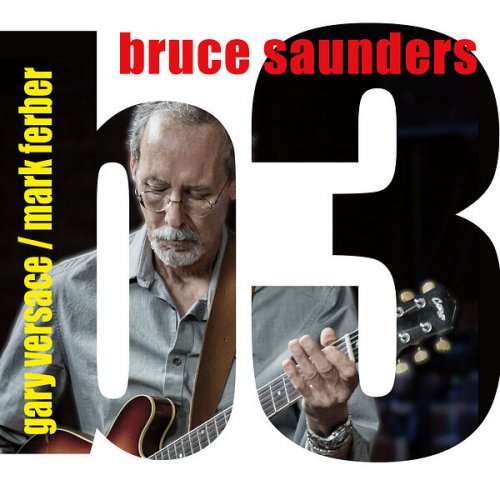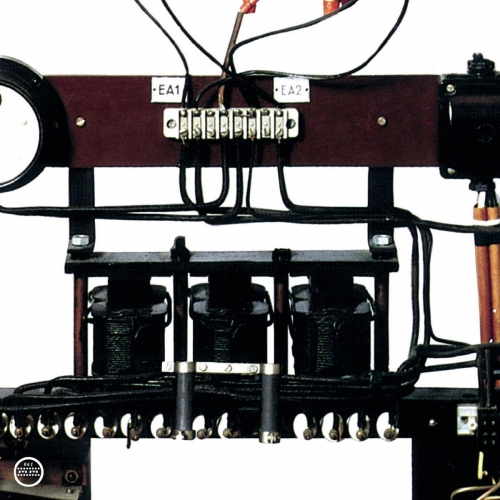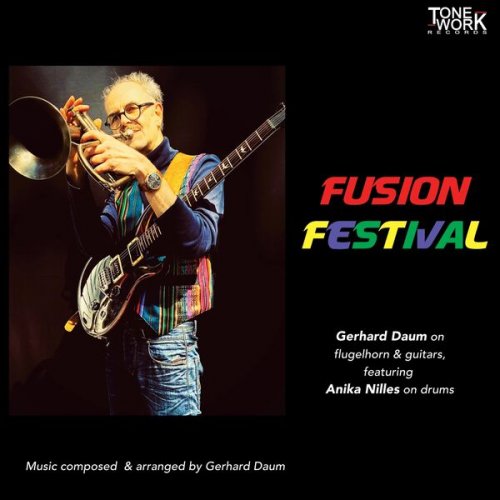Emmett Berry - I'm Wondering (2018)
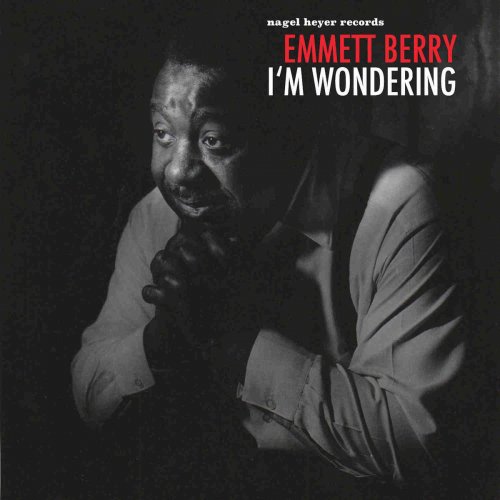
Artist: Emmett Berry
Title: I'm Wondering
Year Of Release: 2018
Label: nagel heyer records
Genre: Jazz
Quality: FLAC (tracks) / MP3
Total Time: 1:58:45
Total Size: 701 / 275 MB
WebSite: Album Preview
Tracklist:Title: I'm Wondering
Year Of Release: 2018
Label: nagel heyer records
Genre: Jazz
Quality: FLAC (tracks) / MP3
Total Time: 1:58:45
Total Size: 701 / 275 MB
WebSite: Album Preview
01. I'm Wondering
02. Goodbye Paris
03. A Pound of Blues
04. The Surrey with the Fringe on Top
05. Muskrat Ramble
06. Boogie Woogie à la Parisienne
07. Farewell Blues
08. How Come You Do Me Like You Do
09. C Jam Blues
10. Fidgety Feet
11. Globe Trotter
12. Emmett Plays the Blues for Mezz
13. Oklahoma
14. People Will Say We're in Love
15. Le Grande Rompe
16. Something to Pat Your Foot To
17. Yellow Dog Blues
18. You Blew out the Flame in My Heart
19. Swingin' the Berrys
20. Sunday
21. Oh What a Beautiful Morning
22. Struttin' with Some Barbecue
23. Sunshine and Roses
24. The Jeep Is Jumpin'
25. St. Louis Blues
26. Wham
27. Basin Street Blues
He's there in the classic "Great Day in Harlem" photograph, but it would have been hard to take many photos of happening jazz bands or Harlem scenes from the '30s and '40s without Emmett Berry's smiling face. Not that he would be smiling; actually, he would probably be too busy playing trumpet. Jazz fans have enjoyed this blowing, sometimes without knowing his name. There is no doubt about the former assertion, since Berry was both a key member of the Count Basie and Fletcher Henderson big bands, as well as one of the prize sidemen and horn soloists assembled to record singer Bille Holiday's most enduring sides. Berry came to New York City from Georgia when he was 18, and within a year was playing in the Henderson band. Not bad for a Southern boy in the big city, since this was one of the most popular groups of that jazz-crazy period. The assignment of replacing Roy Eldridge must have been daunting but perhaps also natural, since all the trumpet players of that era were finding their own voice through close examination of the Eldridge style, if not simply engaging in outright mimicry of the man. Berry hung with the Henderson band for three years, then changed Hendersons, joining a rival band led by brother Horace Henderson.
As the '40s began, the trumpeter was beginning to keep company of great status in the jazz world. He played with a Teddy Wilson sextet, the rowdy Lionel Hampton band, the complex composer and saxophonist Benny Carter, and even with the master himself as a member of Roy Eldridge's Little Jazz Trumpet Ensemble. In the mid-'40s, the call came from Basie, beginning ten years spent almost completely on that band's bus. As the rock & roll era dawned, Berry continued gigging with stellar veterans of the jazz days, including swaggering singer Jimmy Rushing, scintillating saxophonist Johnny Hodges, burbling brass bubbah Cootie Williams, and boogie-woogie boogieman Sammy Price. Berry recording extensively in the '50s, as he had in the first two decades of his career, creating a discography that is as lengthy as a prima donna's backstage catering list. A relocation to Los Angeles, supposedly based on a desire to kick back, led to further work on the road with classic players such as Peanuts Hucko and Wilbur DeParis. There was never a shortage of bandleaders wanting to hire Berry, and one reason was that he was an excellent soloist, particularly in the short form. One of the great elements of the aforementioned Holiday recordings, of course, are the solo features by the likes of Berry, Lester Young, Buck Clayton, and others, seasoning the songs like genius chefs with unlimited spice racks.
Berry also led bands from time to time. Records under his own name include the Emmett Berry Five 1944 release with tenor honker Don Byas, later reissued on a Savoy album. The Mainstream compilation entitled Mainstream of the Blues: 1959-65, an item that sometimes shows its scratched-up face in used record piles, features the Emmett Berry Sextet as well as other cooking bands led by Buster Bailey, Snub Mosley, Buddy Tate, and Booty Wood. Berry retired to Cleveland in 1970, remaining a strong influence on trumpeters, even modern players such as Bill Dixon. He died there 23 years later, on June 22, 1993 (one month before his 78th birthday), his passing largely unnoticed in the media at the time. ~ Eugene Chadbourne
As the '40s began, the trumpeter was beginning to keep company of great status in the jazz world. He played with a Teddy Wilson sextet, the rowdy Lionel Hampton band, the complex composer and saxophonist Benny Carter, and even with the master himself as a member of Roy Eldridge's Little Jazz Trumpet Ensemble. In the mid-'40s, the call came from Basie, beginning ten years spent almost completely on that band's bus. As the rock & roll era dawned, Berry continued gigging with stellar veterans of the jazz days, including swaggering singer Jimmy Rushing, scintillating saxophonist Johnny Hodges, burbling brass bubbah Cootie Williams, and boogie-woogie boogieman Sammy Price. Berry recording extensively in the '50s, as he had in the first two decades of his career, creating a discography that is as lengthy as a prima donna's backstage catering list. A relocation to Los Angeles, supposedly based on a desire to kick back, led to further work on the road with classic players such as Peanuts Hucko and Wilbur DeParis. There was never a shortage of bandleaders wanting to hire Berry, and one reason was that he was an excellent soloist, particularly in the short form. One of the great elements of the aforementioned Holiday recordings, of course, are the solo features by the likes of Berry, Lester Young, Buck Clayton, and others, seasoning the songs like genius chefs with unlimited spice racks.
Berry also led bands from time to time. Records under his own name include the Emmett Berry Five 1944 release with tenor honker Don Byas, later reissued on a Savoy album. The Mainstream compilation entitled Mainstream of the Blues: 1959-65, an item that sometimes shows its scratched-up face in used record piles, features the Emmett Berry Sextet as well as other cooking bands led by Buster Bailey, Snub Mosley, Buddy Tate, and Booty Wood. Berry retired to Cleveland in 1970, remaining a strong influence on trumpeters, even modern players such as Bill Dixon. He died there 23 years later, on June 22, 1993 (one month before his 78th birthday), his passing largely unnoticed in the media at the time. ~ Eugene Chadbourne
![Acid Mothers Reynols, Acid Mothers Temple, Reynols - Vol. 3 (2024) [Hi-Res] Acid Mothers Reynols, Acid Mothers Temple, Reynols - Vol. 3 (2024) [Hi-Res]](https://img.israbox.com/img/2026-02/21/vgzin7mjpuc9xi8v2ce3z1jc8.jpg)
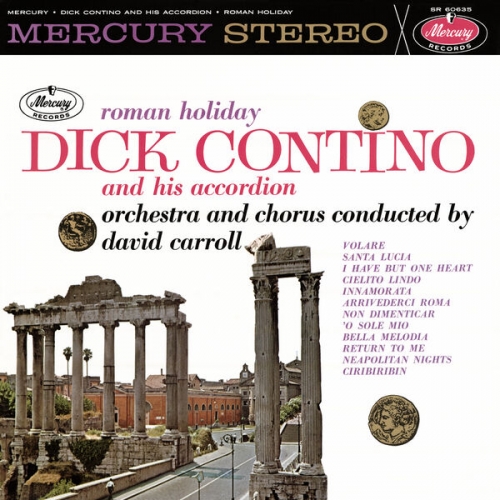
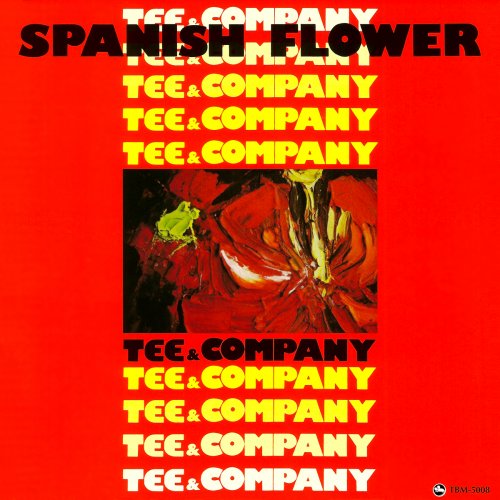
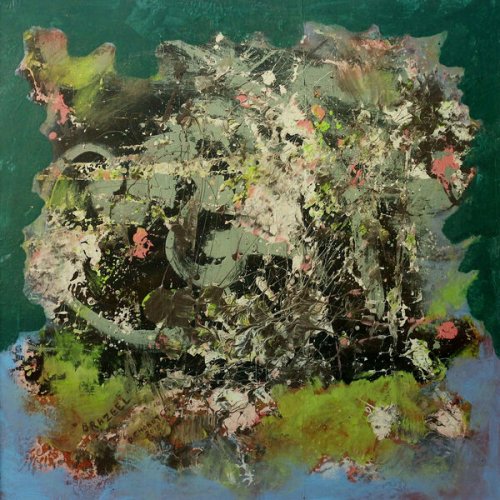
![Ex Novo Ensemble - Claudio Ambrosini: Chamber Music (2020) [Hi-Res] Ex Novo Ensemble - Claudio Ambrosini: Chamber Music (2020) [Hi-Res]](https://img.israbox.com/img/2026-02/22/z541qb9ul4q390uxlw1d9iak3.jpg)
